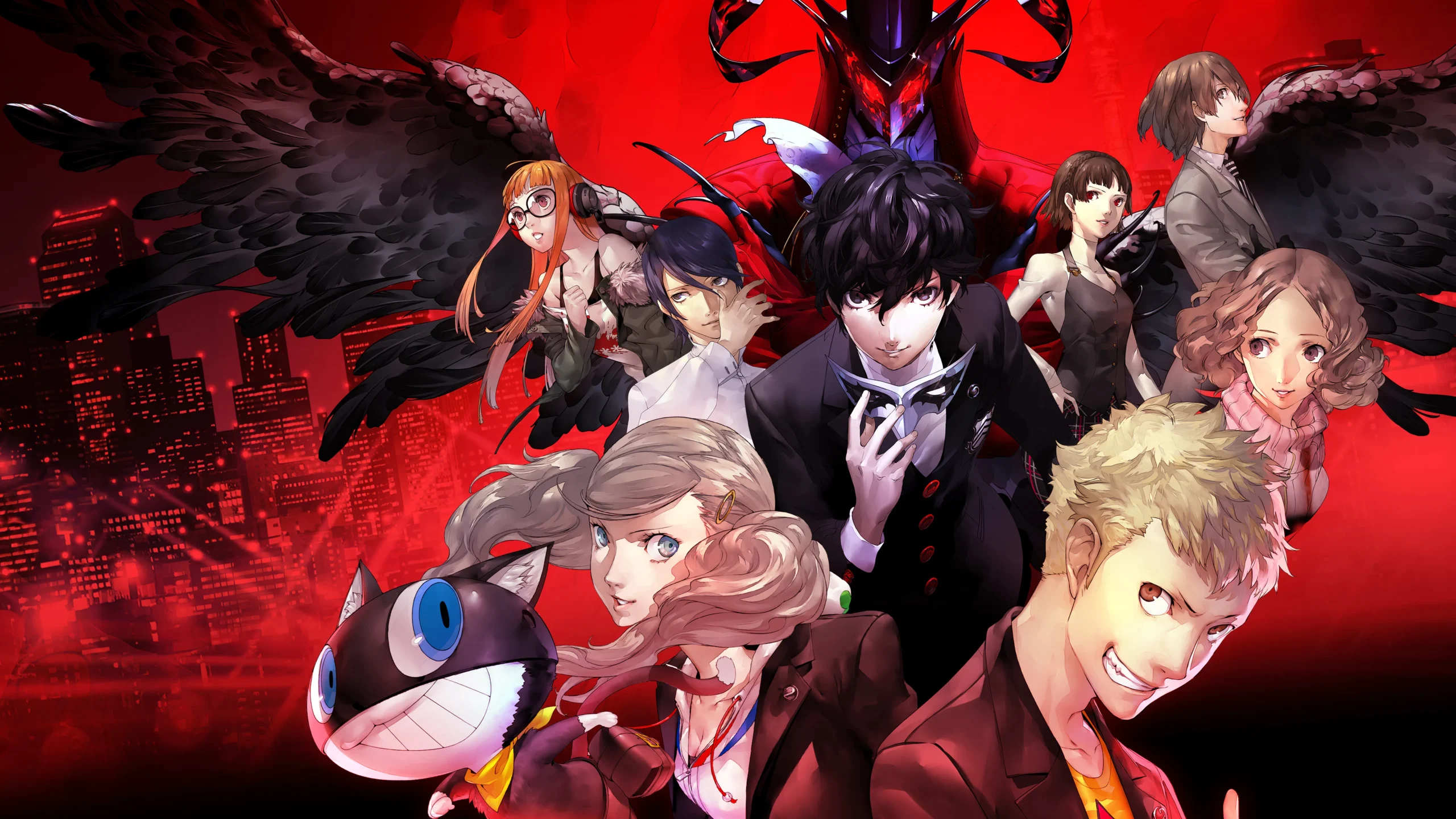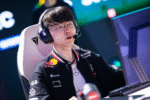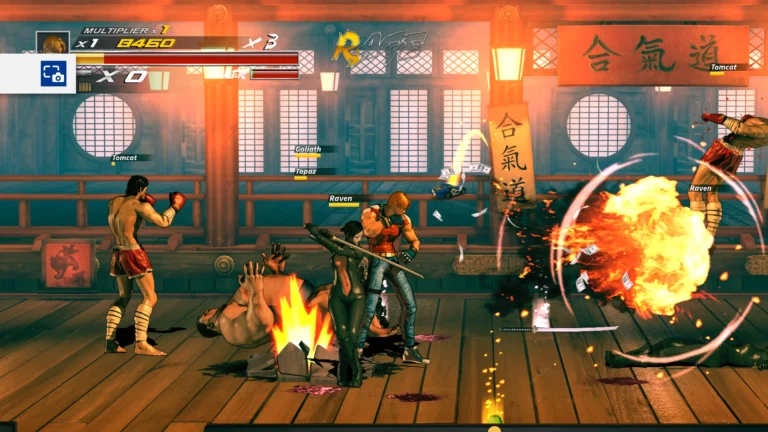In 1517, Martin Luther nailed the 95 Theses to the Wittenburg Door, sparking what has now become known as The Protestant Reformation. This was a pivotal moment in human history, as it effectively reshaped Western civilization for years to come. Many people applaud the bravery of Luther for standing up to the established church at the time and demanding changes in what many believed was a corrupt church. Are we as motivated by the corruption of our day to fight for what’s right?
As we have seen with the previous articles about Persona 3 and Persona 4, these are games that are not afraid to tackle important issues and wrestle with their underlying questions. Persona 5 is no different; this time, however, issues are less about what is inward and inevitable and more about the outward and malleable.
Background
After years of delays, Persona 5 was finally released in the US simultaneously on PS3 and PS4 in 2017. Due to the delays, fans were chomping at the bit to finally dig into this strange game. With a kinetic visual style reminiscent of detective movies and an addicting acid jazz musical motif, this new entry into the series was unlike anything that anyone had ever seen.

Originally conceived as a globe-trotting backpacking trip, the 2011 Tohoku earthquake and subsequent mismanagement of the disaster by the Japanese government presented an opportunity for reflection and introspection. All of a sudden, political and social issues were at the forefront after the country was left to recover from this unexpected disaster. Hideaki Anno of Neon Genesis Evangelion fame even crafted much of the story around 2016’s Shin Godzilla movie as a subtle critique of the government’s seeming inability to properly deal with the aftermath of the earthquake.
Make no mistake: Persona 5 is a heavily politically driven game, both in its theme and actual narrative. How can the youth of today impact their country? Why is there so much corruption among political and social figures? What will it take for the world to change for the better? These are the types of questions Persona 5 wrestles with, for better or worse.
Justice & Reformation
As you boot up the game and are met with the opening cinematic and theme song, “Wake Up, Get Up, Get Out There,” the chorus of the song spells out the feelings of the main cast quite quickly:
Wake up, get up, get out there
Raise your voice against liars
Feed your anger like fire
Why does nobody want change?
The lyrics of the entire song are incredibly fitting when talking about the main characters. These are not prim-and-proper characters with little hardship in life; the characters of Persona 5 are beaten, bruised, and suffering hardships and difficulties. Some of what they experience are:
- False convictions of crimes
- Living on the outskirts of social acceptability
- Victims of physical and mental abuse
- Hiding away from society as a whole
- Being used for one’s gifts and talents
- Trying to live up to cultural expectations
And the list goes on and on. In many ways, they mirror the disillusionment and disenfranchisement faced by so many youths these days, bombarded by media and social pressures to keep up a false front – a “persona,” if you will. This is a very relevant game with important themes faced by young people today, so it isn’t any wonder why it became so popular.

Due to the abuses the main characters have endured from figures in authority, there is an appropriate anxiety present throughout the game. You are told repeatedly by the characters and the game itself to “live a normal student life,” which especially clashes with the idea that you are leading a group of others into a paranormal world, fighting demons and changing the hearts of corrupted individuals. It almost feels like the meta-narrative of the game is trying to show you how oppressive or difficult it is for people today to live that socially acceptable life by the world’s standard. What counts as normal? Who is asking me to do this? What authority do they have over my life?
The desire to right wrongs and change the world is embedded deep within the ideals behind the Phantom Thieves group. After all, if you have been wronged by the structures in society, it makes sense that you would want to change it, right? A lot can be said about the ethical implications that come from humans changing the hearts of others and changing their very identity; having said that, I can’t help but think about the verse that talks about how God changes the hearts of humans:
In many ways, one could see how this role of God is being usurped by humans for their gain. God is the one who changes hearts, not man; yet, man is always striving to be god on their own. The line between desiring social and structural change and being able to implement it using god-like powers would naturally be very tempting to cross for anybody who has been on the receiving end of those injustices.
Conclusion
Thankfully, Persona 5 does touch on these issues and seeks to rectify them in its way, both metaphorically and literally within the game’s storyline. It is certainly not coming from a Christian worldview, but wrestling with the concepts and struggling to reconcile them is a good start.
This is a game that is very timely and relevant to current cultural discussions. Everywhere we look, we see controversies and politics at play, and we can feel helpless and timid about our ability to affect any change. While this game stops short of offering viable conclusions, Christians can take this opportunity to know and understand our role in God’s world and how we can be His servants in a world that seems to have gone to hell. We are called to serve Him and to serve others, regardless of how it affects us in the least.







Leave a Comment